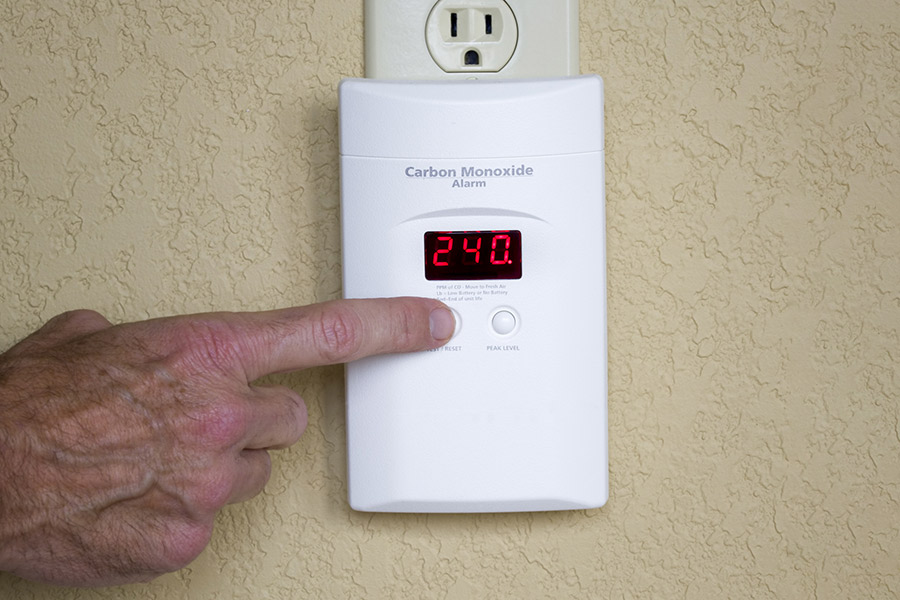
Carbon Monoxide Poisoning
Carbon monoxide is a colorless, odorless, tasteless gas produced whenever fossil fuel is burned, such as in furnaces, water heaters, generators, grills, camp stoves, and vehicles. Because it is undetectable, people do not know they have been exposed to it until they begin to experience headaches, nausea, dizziness, weakness, chest pain, and confusion. Prolonged exposure to carbon monoxide can cause permanent injuries and death. The Centers for Disease Control and Prevention estimates that more than 100,000 people seek emergency medical treatment and about 400 people die each year from accidental CO poisoning.
Recognizing these dangers, states have implemented laws and regulations to protect people from this silent killer. Michigan’s construction code requires carbon monoxide alarms in all new residential homes with fuel-fired appliances, and alarms must be added to existing homes any time a building permit is pulled. Carbon monoxide detectors must also be installed in hotels, motels, boarding houses, and other such buildings.
